Sustainable food is healthy and safe for consumers. To avoid wasting or damaging natural resources, eco-friendly food is produced in ecological, humane way with social responsibility in mind. Sustainable food doesn’t have a harmful influence on the environment. It is all about a natural taste without preservatives, artificial sweeteners, and other chemicals.
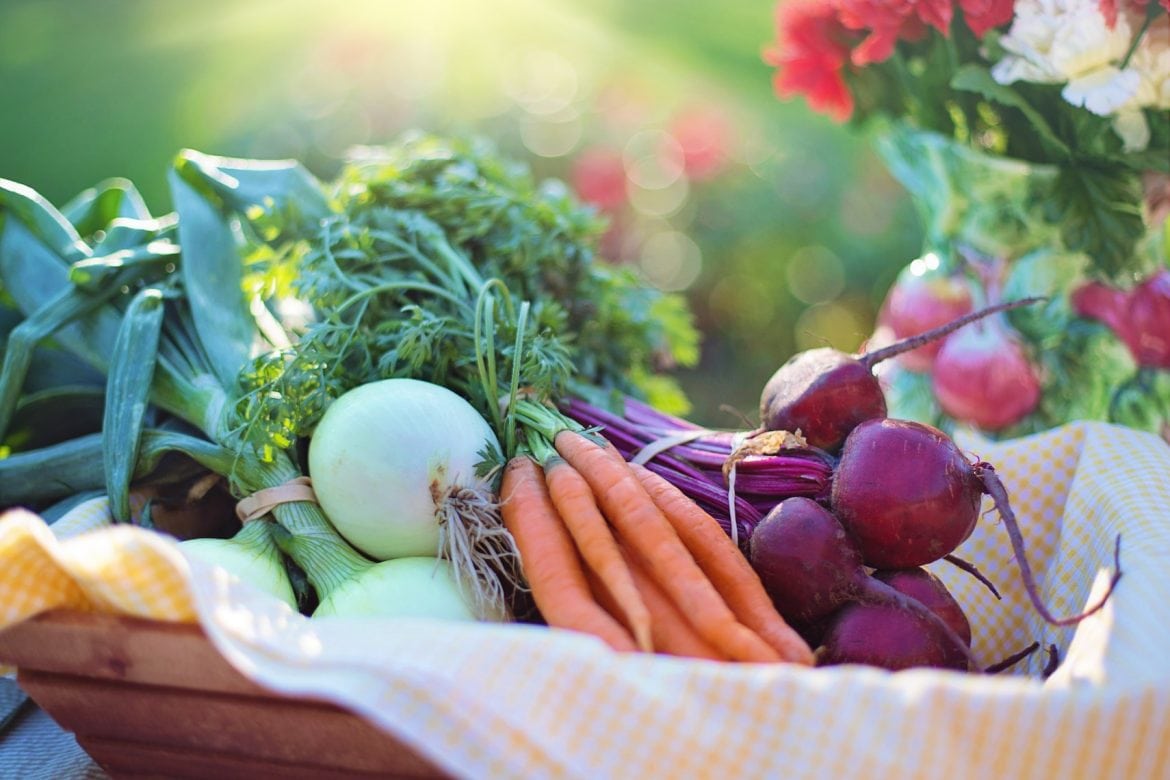
Sustainable Diet
If we love the nature-friendly life and want to be healthy, we have to follow a sustainable diet. Healthful nutrition allows us to reduce the environmental impacts of food. With a sustainable diet, future generations of humans will have enough food.
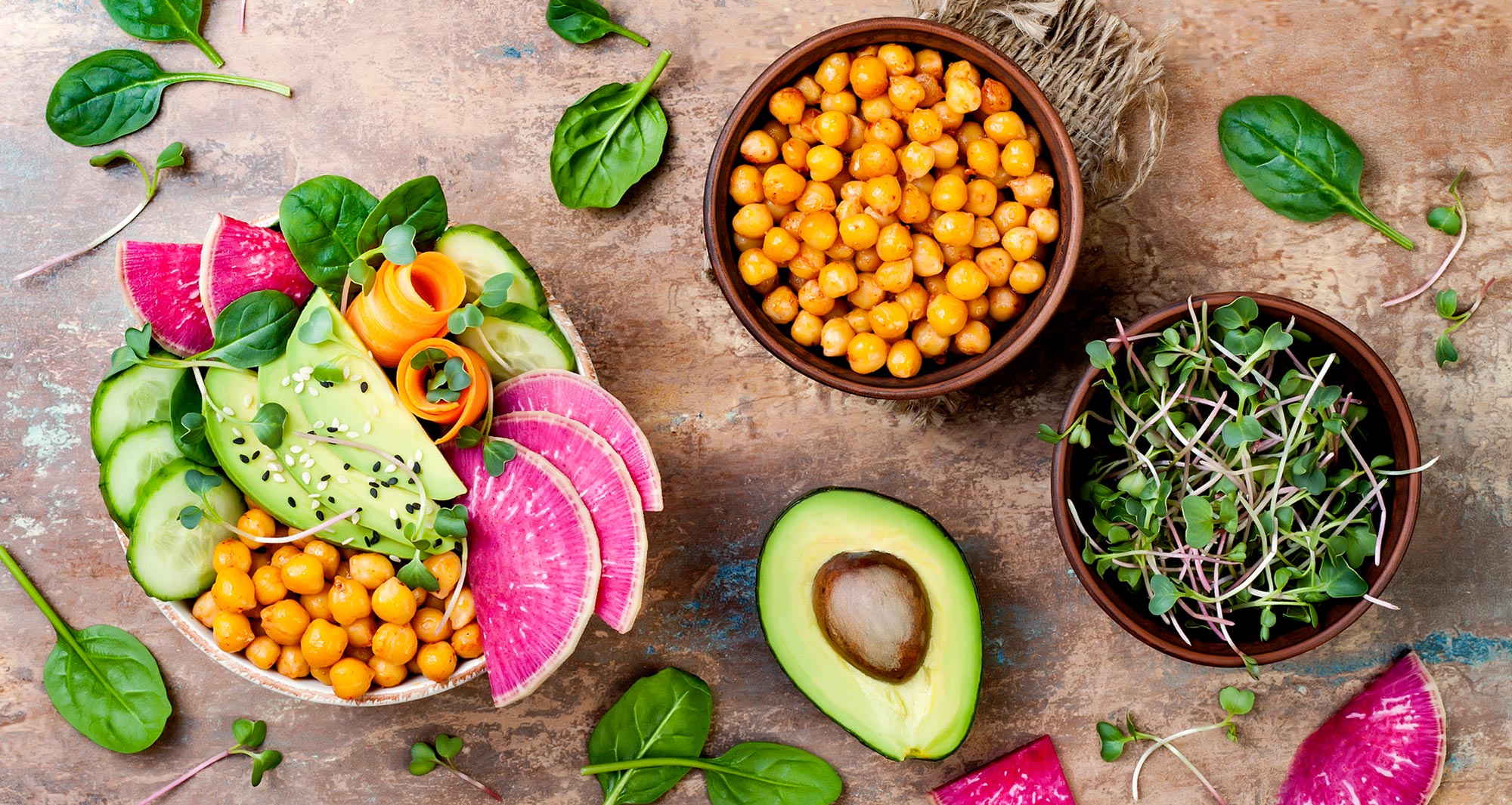
The Eat-Lancet Commission, a group of scientists, has developed a global planetary health diet. Such research allows people to learn more about healthy, sustainable food. The whole goal of this organization is aimed to answer the question, “Can we feed a future population of 10 billion people a healthy diet within the limits of our planet ?”
According to the Commission, alongside small portions of dairy and meat, a general healthful diet includes increasing the consumption of:
- vegetables
- fruits
- whole grains
- nuts
- legumes
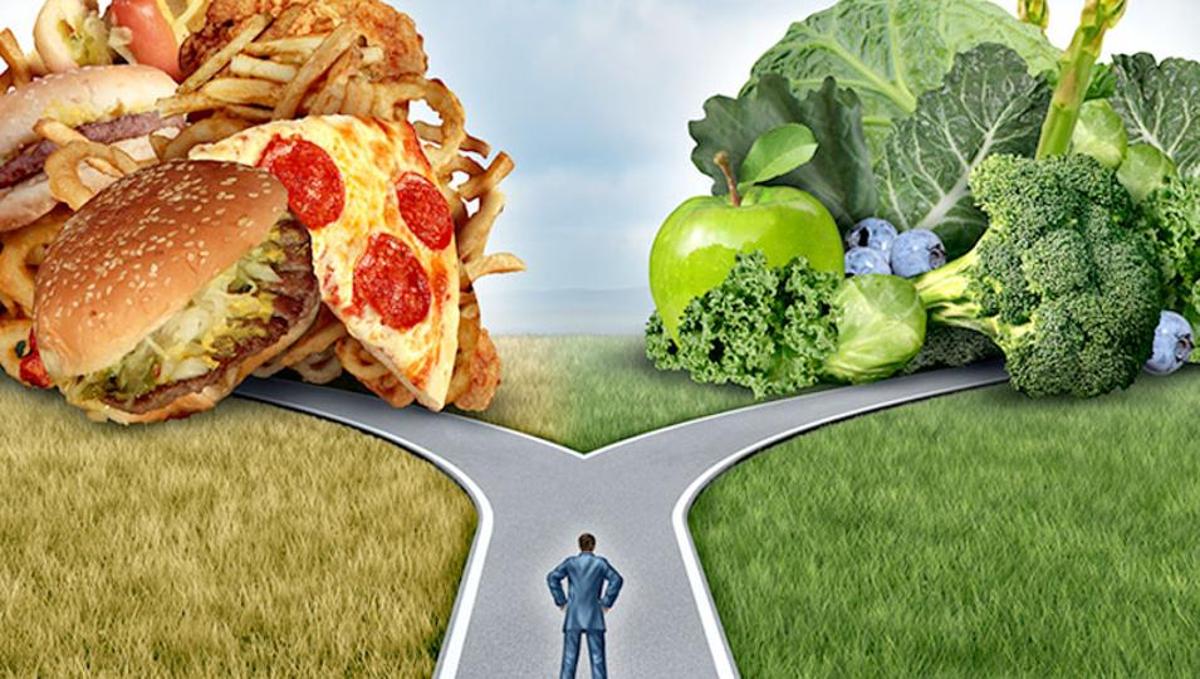
To determine the level of sustainability of your diet, take into consideration such factors:
- nutritional availability
- health effects
- food security
- relative cost
- ecosystem protection
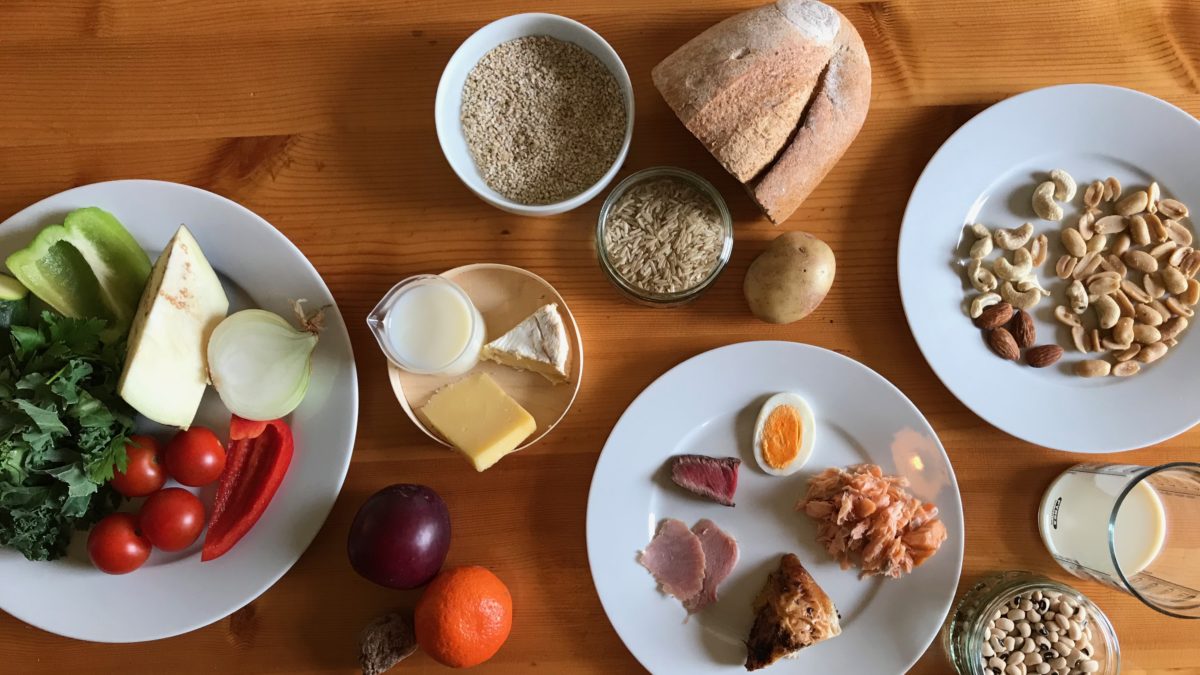
Sustainable Food Production
Food production has a major impact on greenhouse gases. According to the World Health Organization (WHO), food production accounts for 20-30% of global greenhouse gas emissions and about 66% of water usage.
Sustainable food production is the key for the sustainable future. It works in a nature-friendly way to prevent climate change.
With non-polluting, economically efficient methods, sustainable companies implement eco-friendly processes to save non-renewable energy and natural resources. Throughout the whole production process, they use a humane approach to both animals and humans.
Sustainable food production is based on natural resources, such as water and fertile soil.
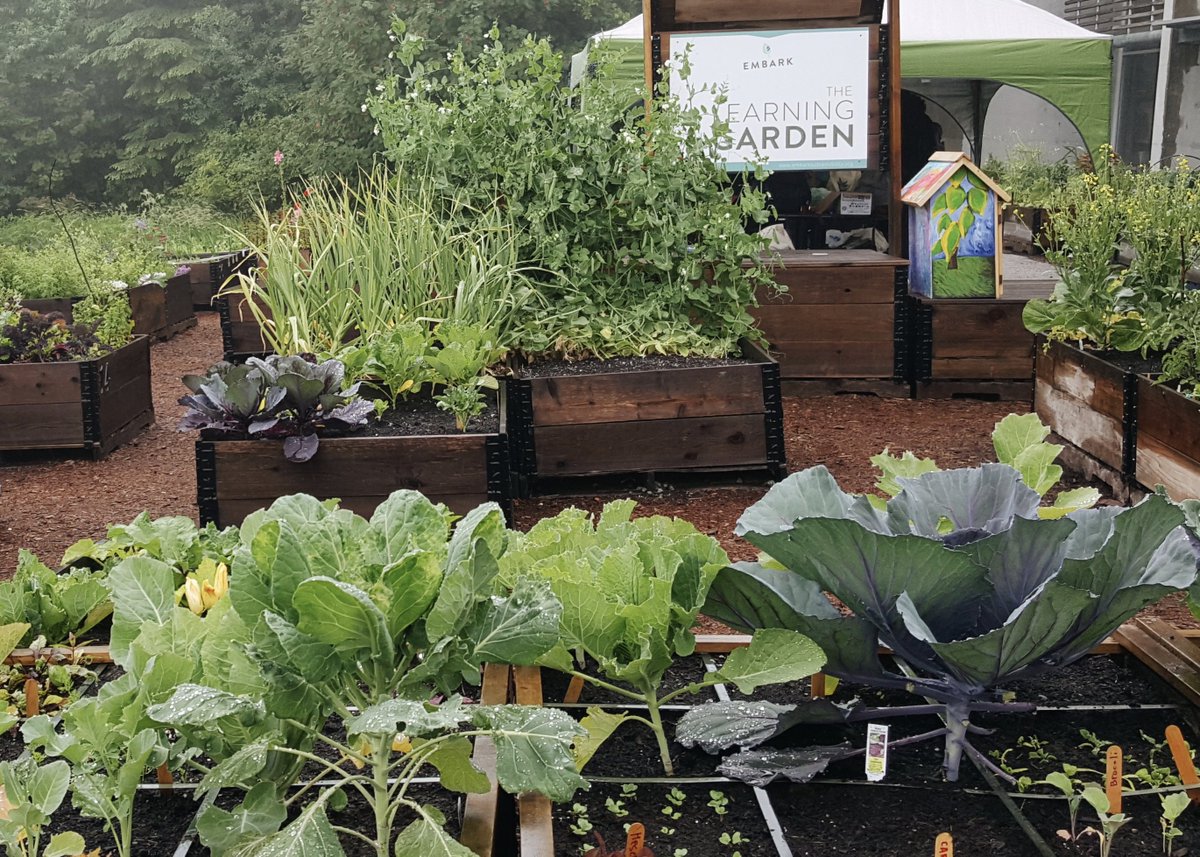
Sustainable Farming Practices
Sustainable farming is an essential element of a sustainable planet. Supporting farmers who practice regenerative agriculture is the right way to prevent climate change.
Regenerative farming:
- has a positive impact on carbon storage in the soil
- reduces water pollution
- provides for the flourishing of local biodiversity
To keep your nutrition sustainable and support farming, buy food from farmers and retailers who work at preserving ecosystems.
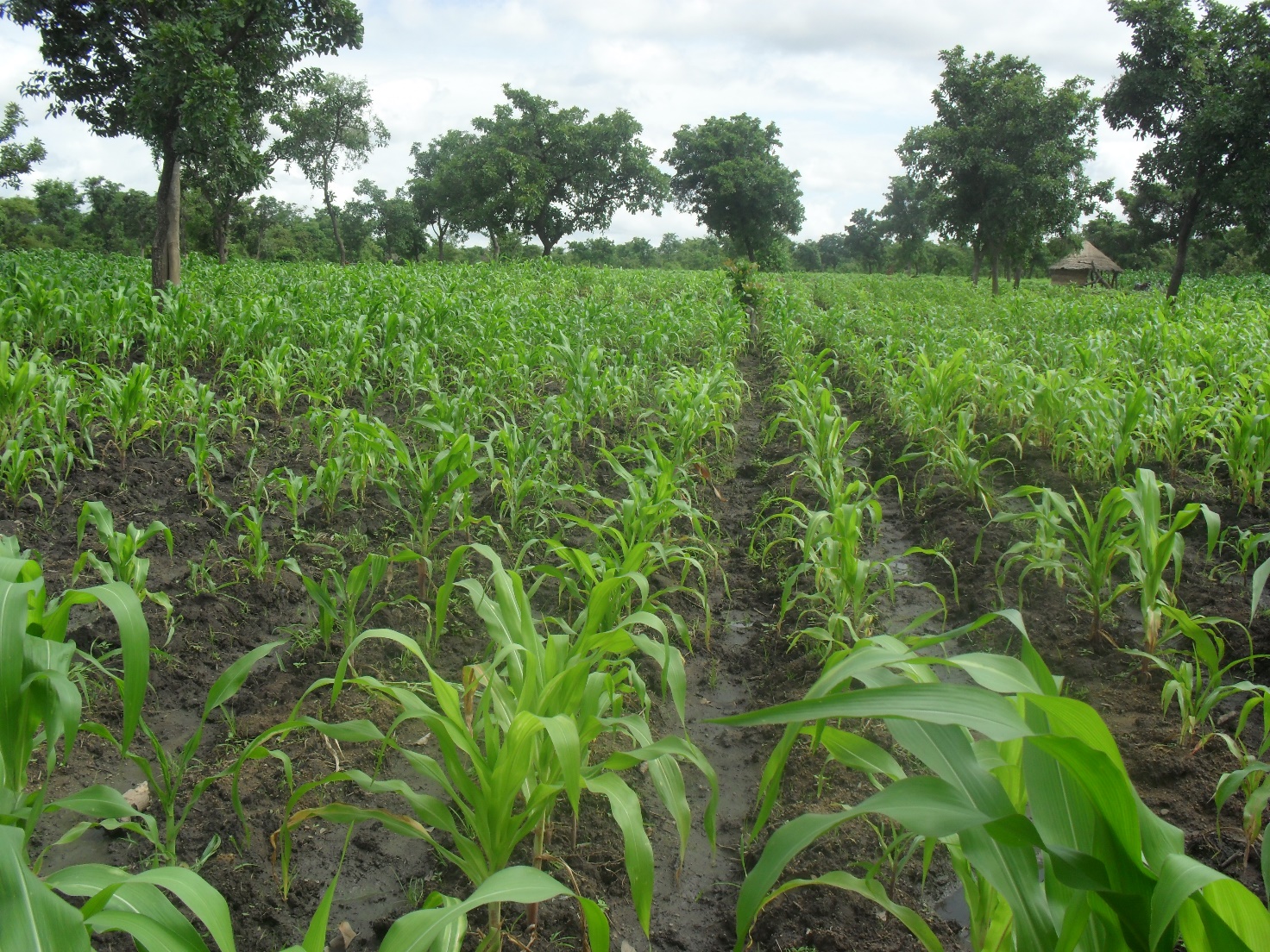
Sustainable Products
When you eat food without hazardous pesticides and other chemicals, growth promotion supplements, or antibiotics, you take care of your health and protect the biodiversity of both plants and animals.
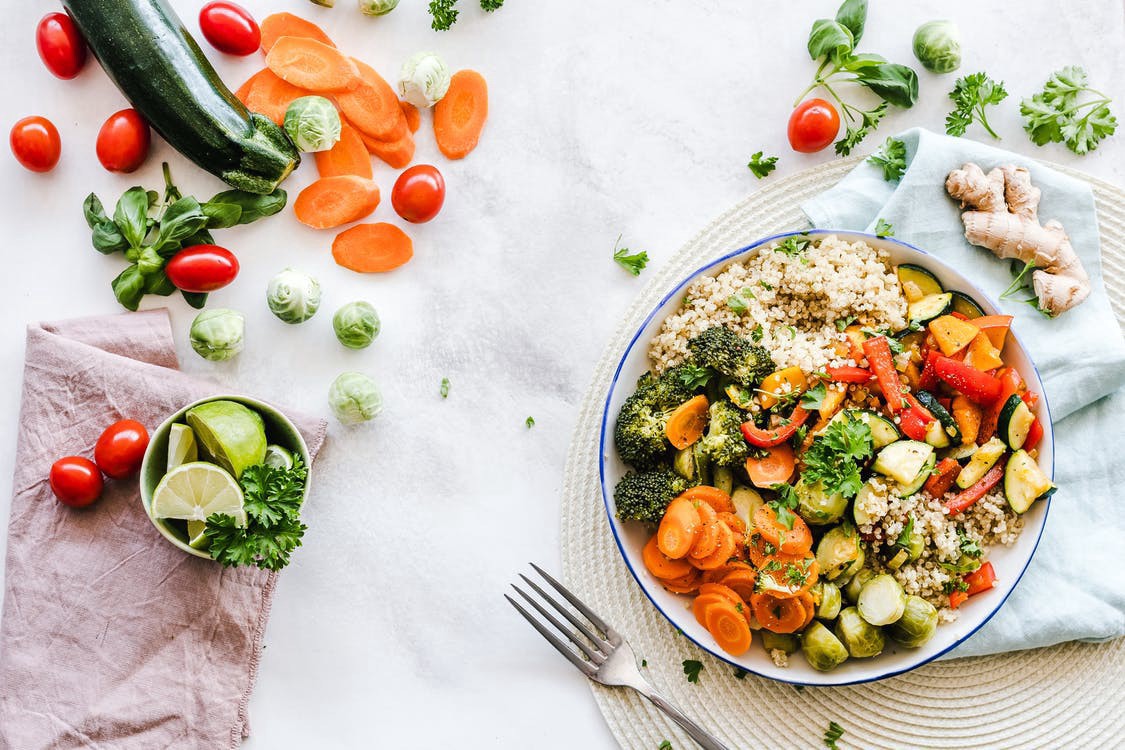
Sustainable Vegetables
Sustainable planting is an essential part of a planet-friendly concept. Thanks to farmers who grow safe vegetables, greens, and lettuce without harmful chemical supplements, you can buy sustainable food to feed your family.
Sustainable vegetables are grown at organic farms with good soil structure, where farmers don’t use or use limited sprays for pesticides. Usually, organic vegetables are grown close to places where they are consumed to reduce air pollution from transportation. Sustainable vegetables have to be eaten quickly after harvest. Tomatoes, onions, pumpkins, green beans, mushrooms, potatoes, celery, peas, and carrots are priority crops for farms which focus on growing the most useful vegetation.
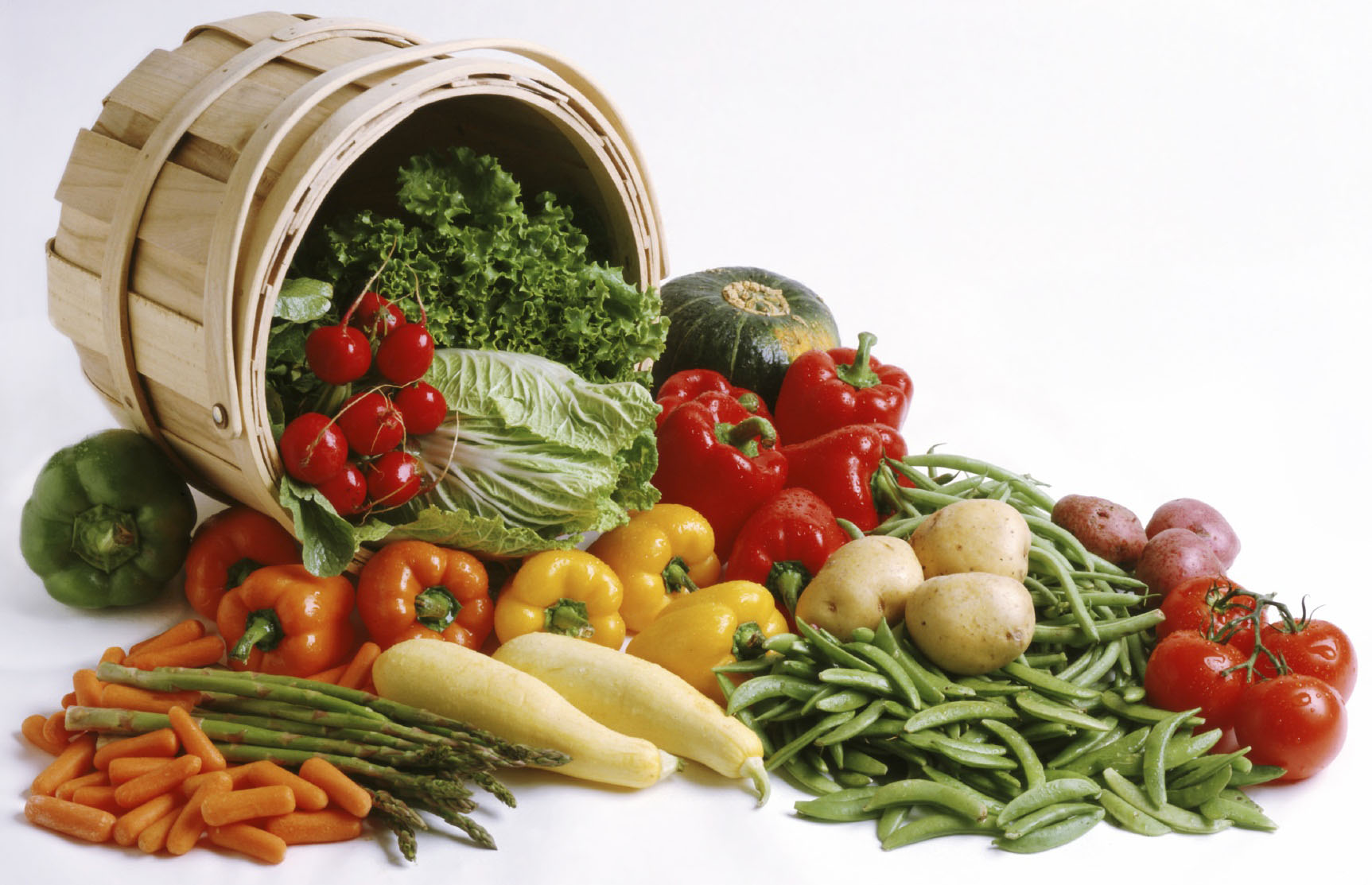
Sustainable Fruits
Usually, seasonal fruits which were grown with an environment-friendly approach in mind are sustainable. When you consume sustainable fruits, you take one more step to help the planet.
Pros of consuming sustainable fruits:
- They are a part of the natural cycle of production.
- Organic, chemical-free fruits have a natural taste.
- You get a quick source of hydration.
- Sustainable fruits are a source of natural antioxidants.
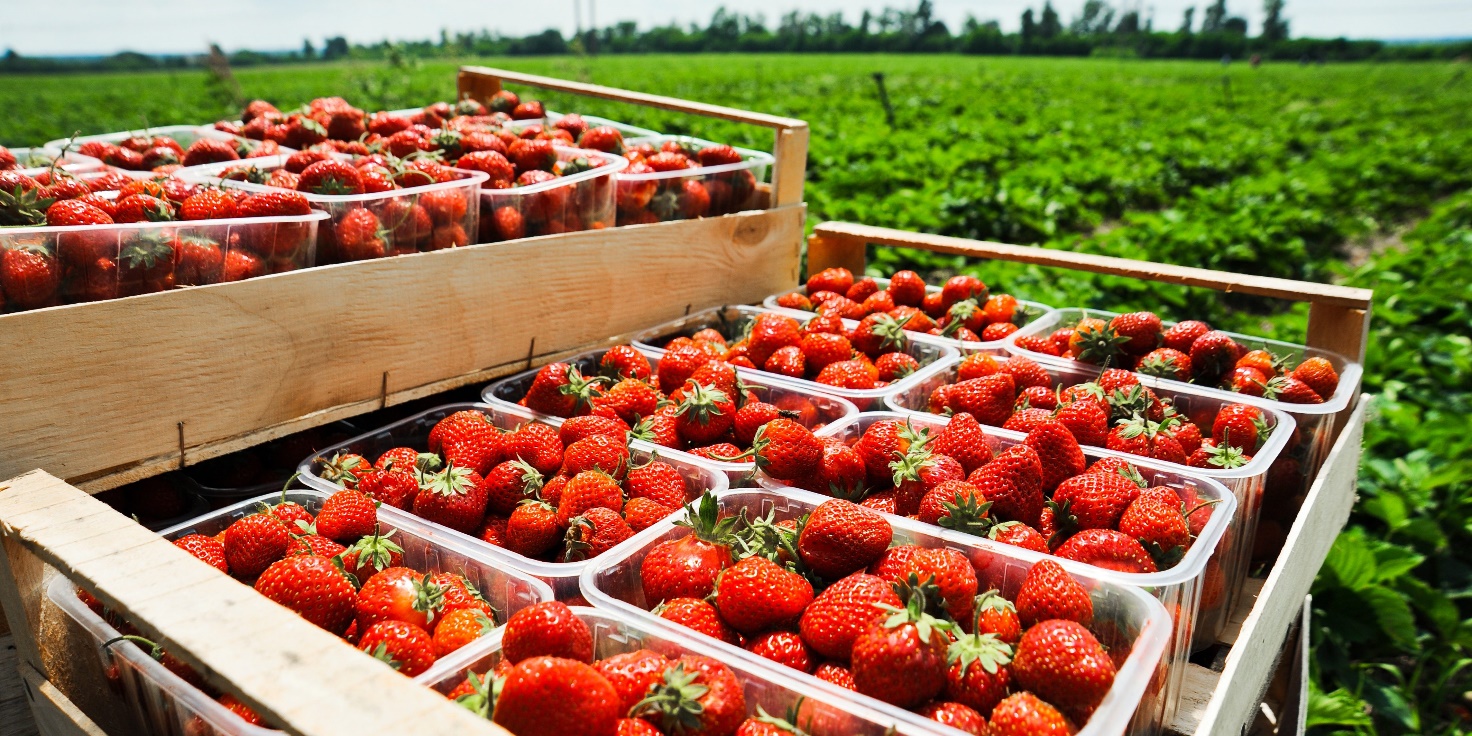
Sustainable Meat
According to the Eat-Lancet Commission, to follow a planet-friendly concept you should consume no more than 98 grams of red meat (pork, beef or lamb), 203 grams of poultry, and 196 grams of fish per week.
To ‘fatten up’ animals quickly, meat producers use non-natural food to stimulate growth. It has become a common practice because consumers tend to buy budget-friendly products.
In general, meat consumption causes:
- global warming, shrinking biodiversity
- deforestation
- diverts a significant part of the world’s grain for animal feeding
- animal waste releases harmful gases (carbon emissions)
- methane pollutes air, water, and soil.
Traditional methods do not provide a sustainable approach to continue our living on Earth. To stop the global catastrophe, follow eco-friendly meat solutions:
- eat less meat
- choose smaller portions
- buy sustainably- raised meat
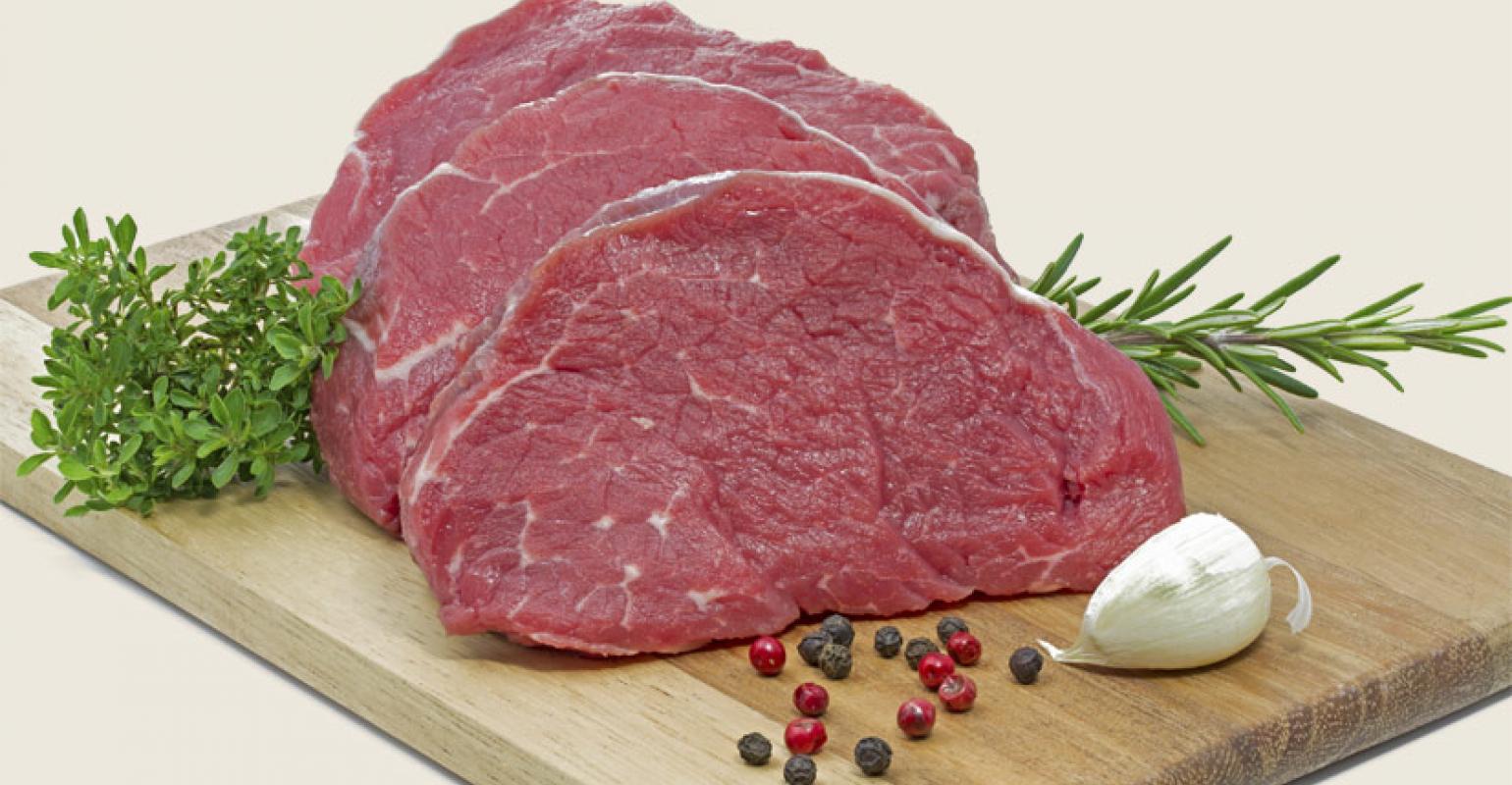
Sustainable Chocolate
Sustainable chocolate is a core element in the cacao bean value chain. The International Labor Organization estimates that there are 250 million children who work to produce coffee and cocoa. West African children and farmers live off less than $1 a day.
If you buy Fair Trade chocolate and other products, you’ll help to provide the ethical treatment of laborers around the world. Fair Trade certification means that workers are paid fairly and farmers have safe and eco-friendly working conditions.

Sustainable Dairy Products
Milk and other dairy foods are nutrient-rich, containing calcium, vitamin D, protein, and other essential elements for our bodies.
Conventional dairy products have a negative environmental impact, cause problems for human health, and have little in common with sustainable farming methods.
Nature-friendly dairy products, on the other hand:
- Avoid Recombinant Bovine Somatotropin (rbST). It is an artificial stimulant which increases milk production but reduces a cow’s milking life and the number of dairy cows. Unfortunately, not all the rbST-free products are produced in a sustainable way or with care of animal welfare.
- Organic milk, yogurts, cheese, ice cream, and other dairy products have to be USDA Organic seal protected. Organic milk relates to sustainable farming productions when cows are fed with natural food. According to USDA organic standards, organic milk comes from livestock that spends at least four months of the year grazing on pasture and 30% of their food must come from grazing.
- Buying local dairy products is the great way to support farmers in your area, get fresh food, and reduce shipping emissions.
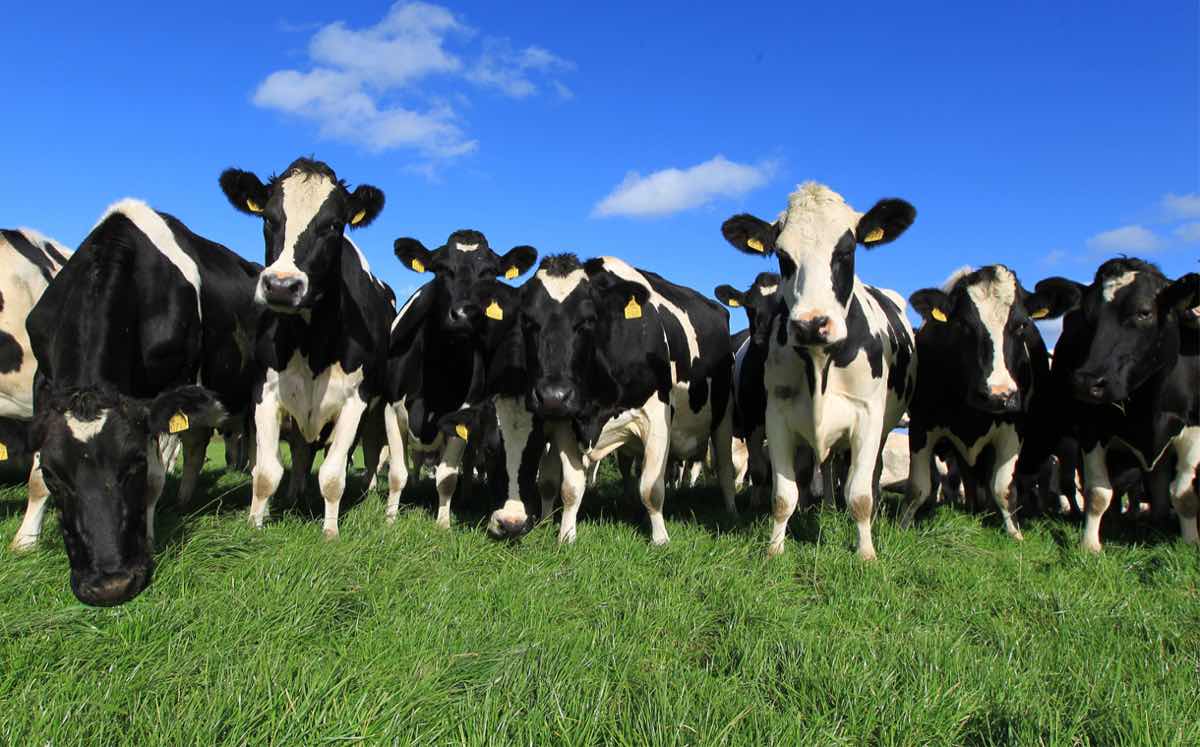
Sustainable Seaweed
Seaweed is a sustainable resource which provides a lot of pros for our planet.
- Seaweed absorbs carbon dioxide (CO2), which can help to prevent climate change.
- Seaweed farming reduces ocean acidification which is caused by the rising concentration of dissolved CO2. It keeps the level of dissolved nutrients, which wash into rivers and seas from farming lands, lower. Seaweed can use such nutrients to grow, cleaning up the water. That’s a great way to restore marine ecosystems.
- Wild seaweed plays an essential role in the effective functionality of nursery grounds for juvenile commercial fish, crustaceans, and other species. It can be a reason for commercial companies to avoid using fishing methods which can destroy or damage the seafloor habitats. In this way, wild seaweed can help to protect the seabed.
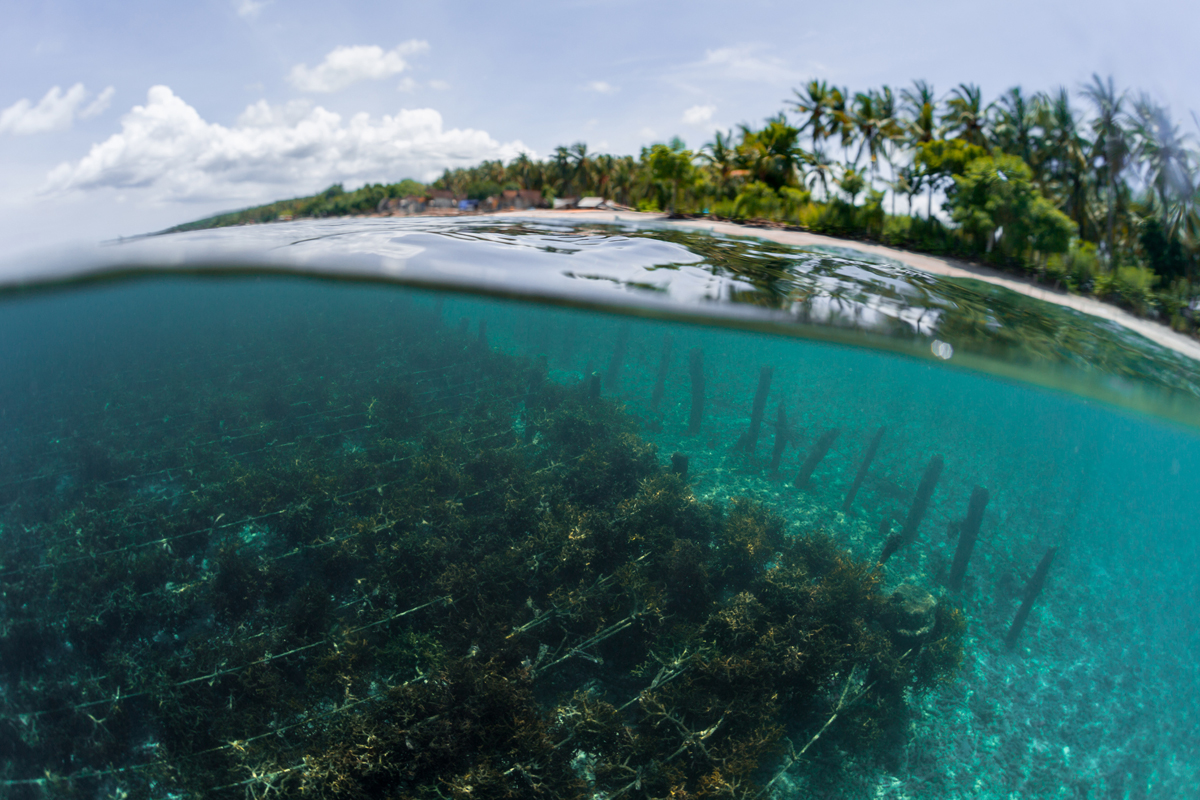
Sustainable Fast Food
Fast food companies began to follow an ethical method of food production not just because of their belief in a nature-friendly concept, but also to support marketing and strong brand positioning. Their practices impact the sustainability of the food supply for millions of customers every day.
Saving the climate and planet ecosystems is a hard task for fast food corporations because of the following reasons:
- Usually, local farmers cannot provide all of the ingredients for fast food, so companies make agreements with providers from all over the world, contributing to greenhouse gas emissions.
- Also, not all suppliers take care of animal welfare. It’s really important to set up standards and guidelines to provide a sustainable food industry and support the popularity of fast food brands.
- Fast food companies produce packaging waste, because food is paper-wrapped, can be stored in cardboard boxes, and put in paper or even plastic bags.
Fast food companies can improve sustainable agriculture and make food production ethical. Through collaborations, initiatives, and changes in business processes, some companies have already changed their approach to implement sustainable practices.
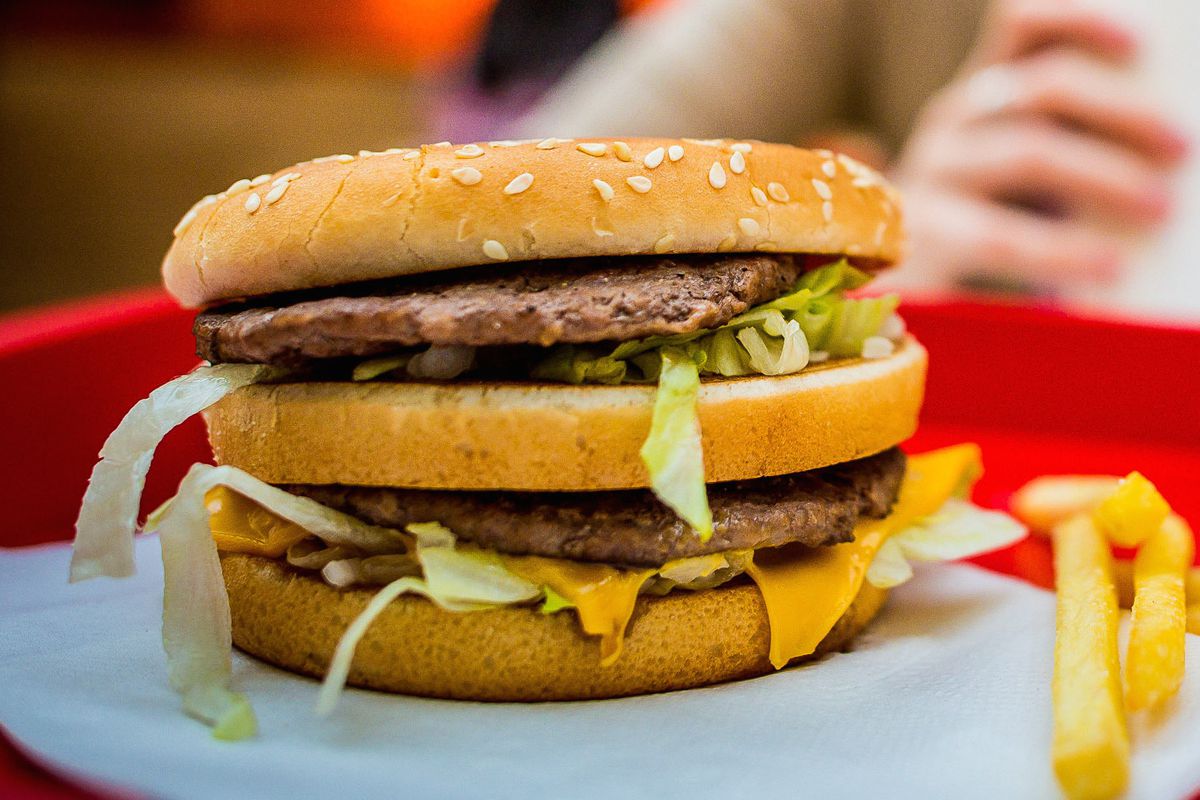
Taco Bell, KFC, And Pizza Hut Restaurants
Yum! Brands, Inc. built more than 30 LEED-certified buildings (LEED means Leadership in Energy and Environmental Design) all over the world. All these sustainable restaurants focus on:
- conserving water
- increasing energy efficiency
- cutting down on waste
Meatless food is an easy way to reduce your carbon footprint. For instance, Taco Bell has not just meat-friendly, but also offers a lot of vegetarian options.
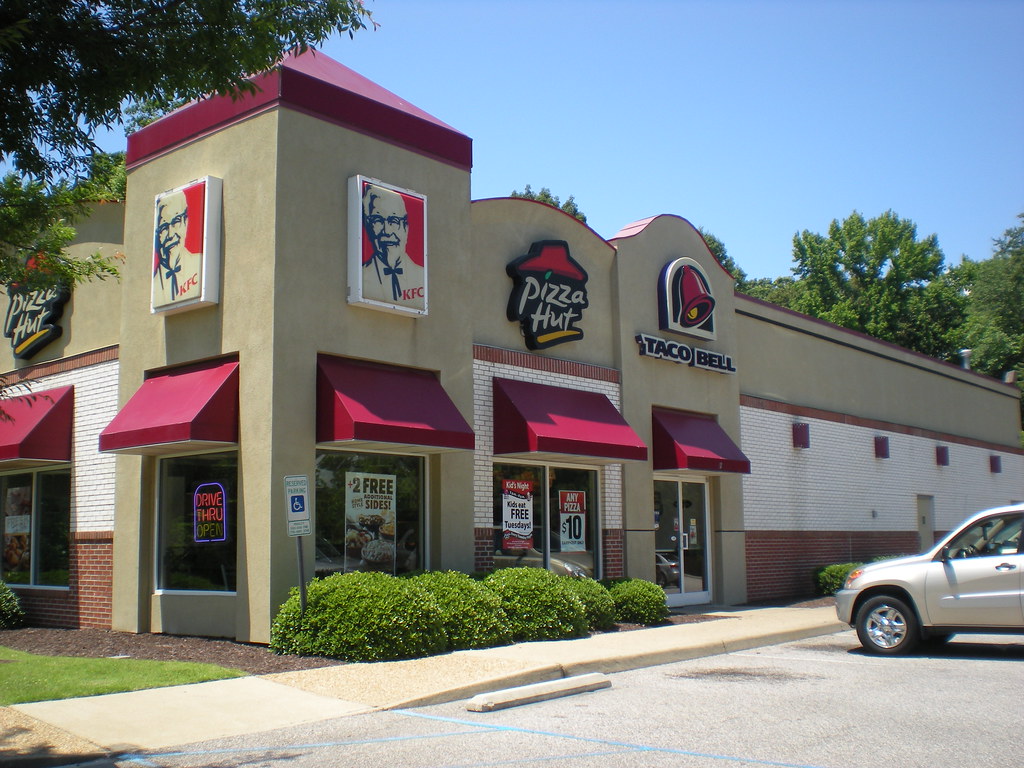
McDonald’s
This American fast food chain took significant steps to make its business sustainable:
- The McDonald’s team replaced a Styrofoam container with a chemical-free, unbleached bag, made of recycled content. Also, the company has committed to make 100% of their packaging of renewable or recycled sources by 2025.
- The company reduced their napkin by one inch and made it from recycled office paper. Thanks to this decision, McDonalds cut down on waste by three million pounds a year. As a result, sixteen thousand trees are saved per year.
- To provide animal welfare, McDonald’s developed and implemented standards and guidelines for their meat suppliers. So customers can eat tasty fast food which contains sustainable beef.
- To stop deforestation and save the Amazon, the company changed a lot of retailers and suppliers.
- In collaboration with the Environmental Defense Fund, McDonald’s developed a waste reduction action plan to reduce, reuse, and recycle waste.
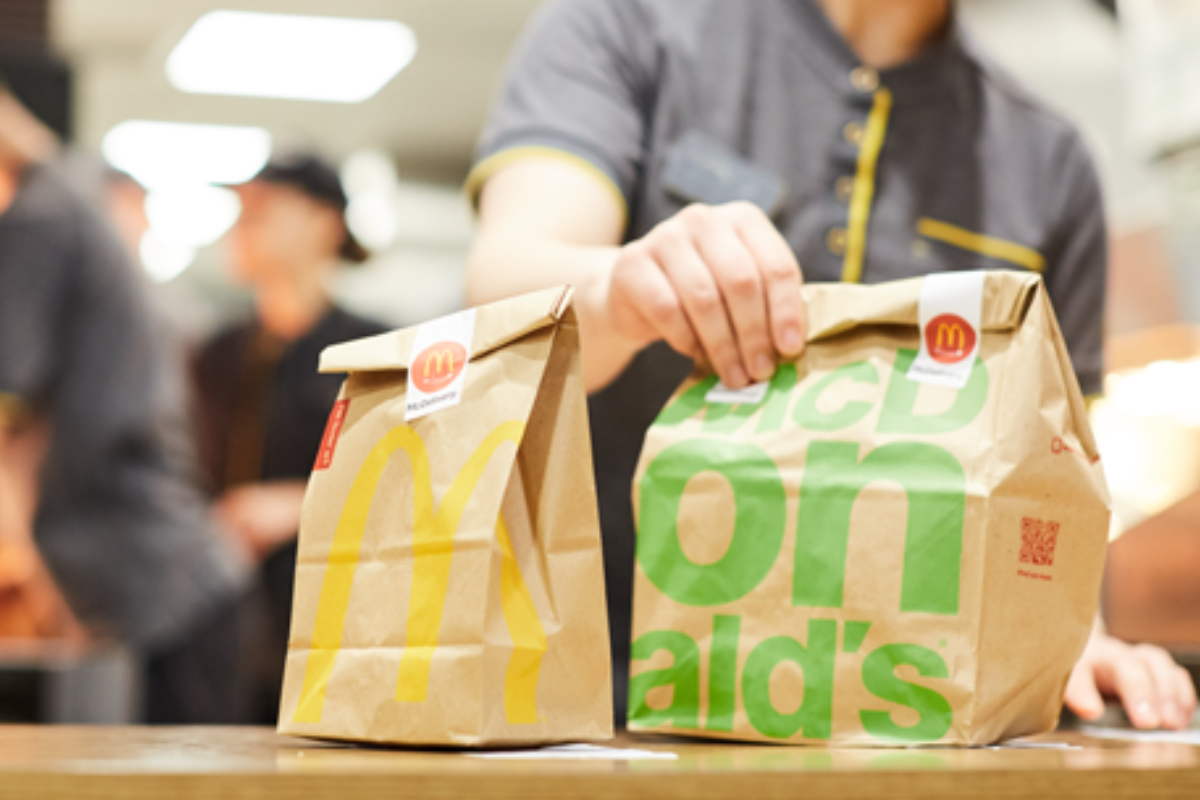
Subway
This company is health-oriented, because it produces nutritious sandwiches and salads. To provide a sustainable concept, Subway has also done the following:
- The company made deals with nature-friendly supplies. For instance, Subway collaborates with family farms which apply eco-friendly methods, such as solar energy-harvesting and fuel-efficient tractors, to manage the agriculture processes.
- Usually, Subway buys meat, seafood, and other food ingredients locally to reduce food miles and, as a result, greenhouse gas emissions.
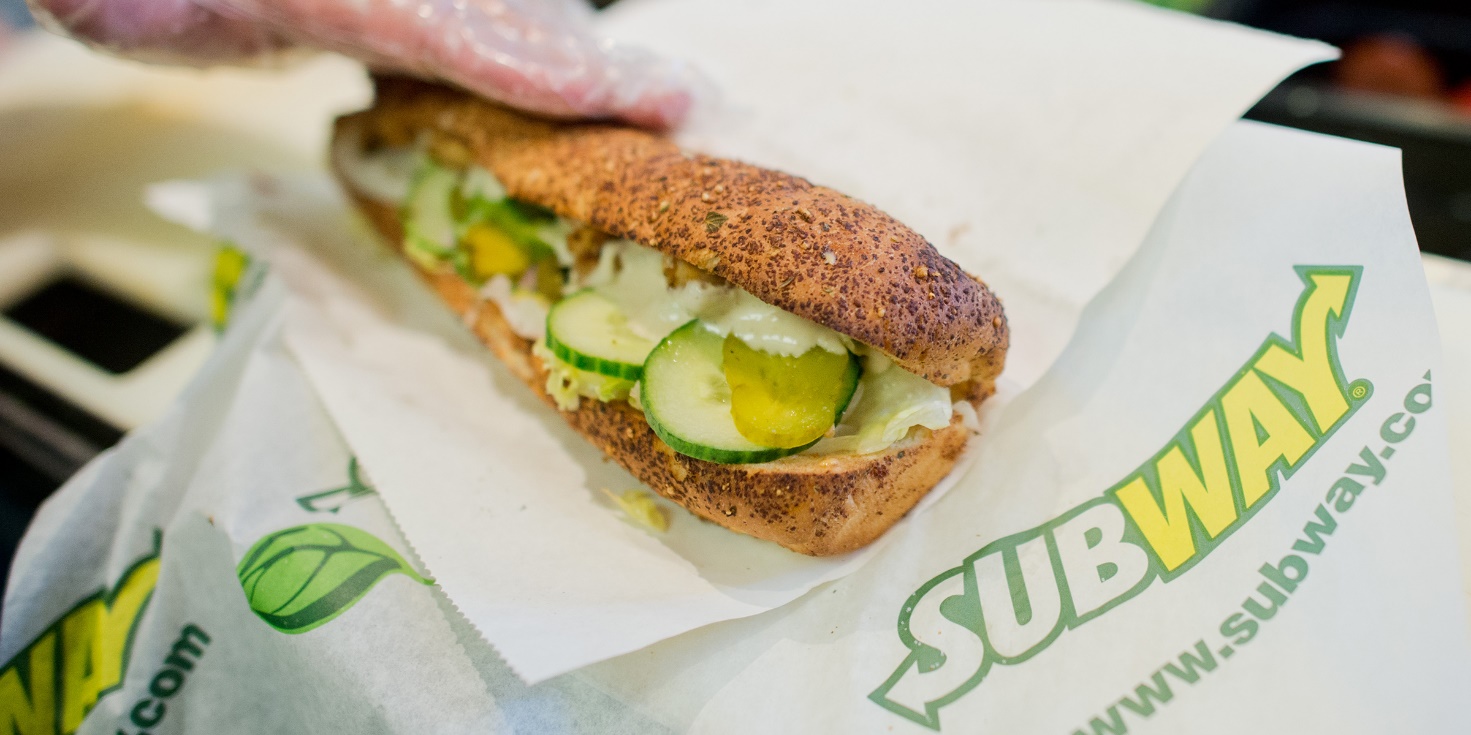
Burger King
The corporation announced changes toward a nature-friendly concept. Burger King decided to replace its chicken with antibiotic-free sources and stop cutting down forests for food producing. Of course, that’s a long way, but sustainability is an important element which can help company to stay competitive in the fast food marketplace.
Dunkin’ Donuts
For the present, this chain has produced a new burger, which is called the Dunkin’ Donuts Beyond Sausage Breakfast Sandwich. This burger, which contains plant-based meat (which is not actually meat, because it’s made of plants) is a great option for climate-conscious young people.
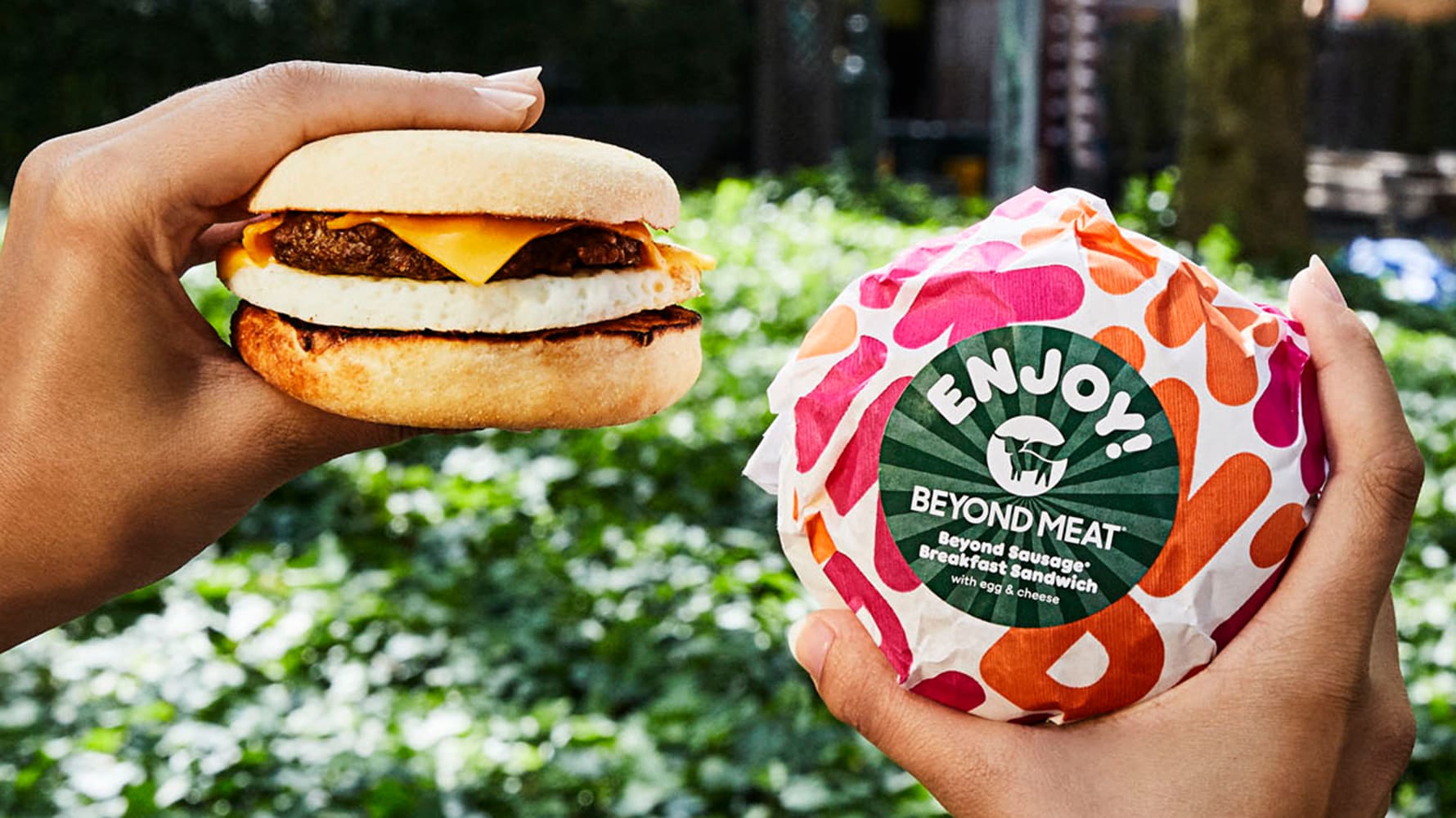
Environmentally Friendly Snacks
If you like to eat healthy and want to save the world simultaneously, choose eco-friendly brands when you get hungry and grab a snack. Ethical and nature-friendly standards of sustainability in the snack sector means:
- using relevant packaging materials
- making deals with farmers who stick with sustainable standards for harvesting food and use alternative power sources
- producing organic, non-GMO treats
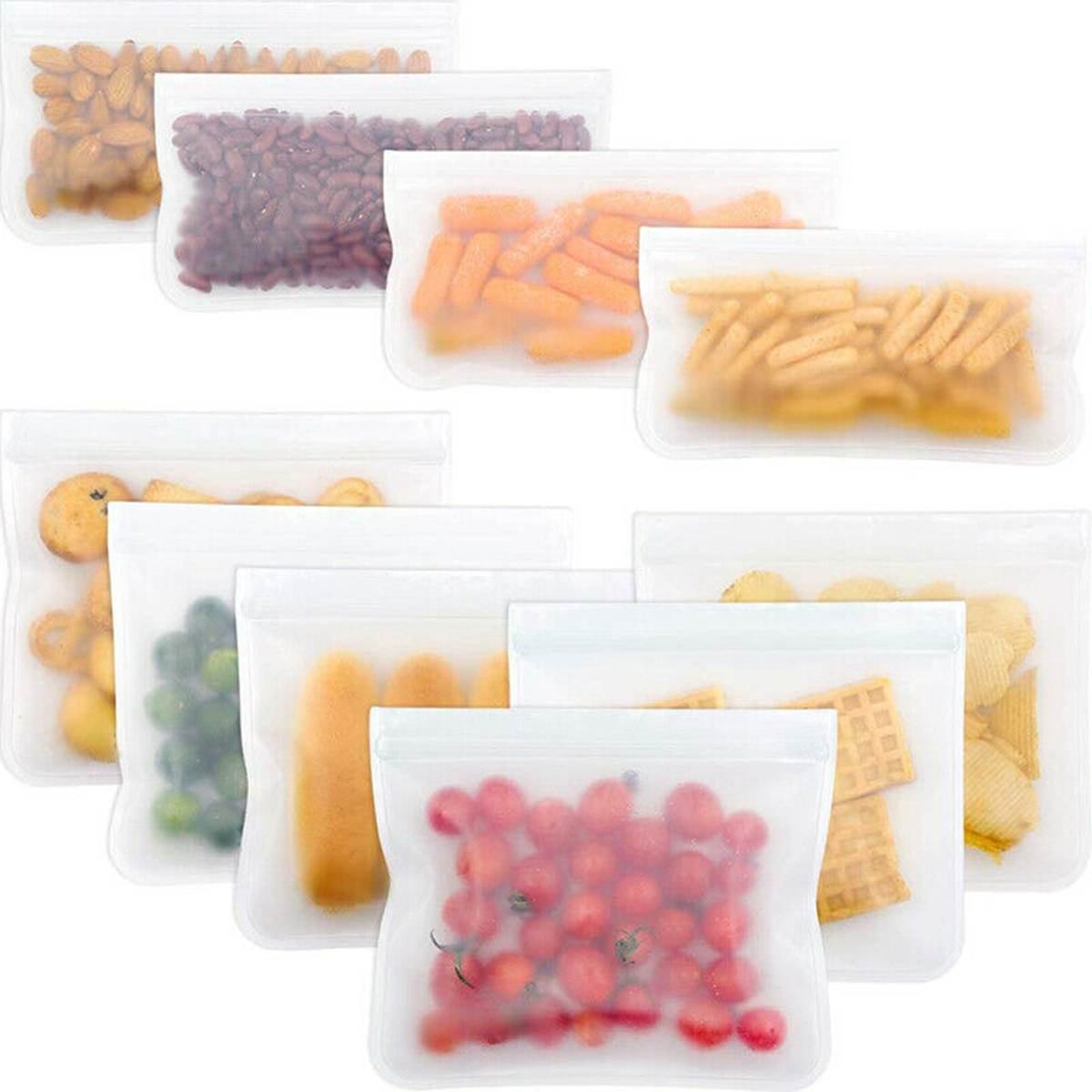
Sustainable Pet Food
When we talk about sustainability in pet food, a lot of companies use “human-grade” ingredients. Organically produced “human grade” meat is not necessary for pets’ health and has nothing in common with environmentally sustainable products. Some pet food producers ignore standards of food quality to reduce production costs. Such actions have a negative impact on the environment and can destroy our planet.
Sustainable pet food features:
- Sustainable pet foods have to be made of byproducts that cut down on carbon dioxide emissions.
- The easiest way to reduce the environmental impact of pet food and prevent pet obesity is using less to begin with. Pets, as well as humans, should not eat more calories than needed.
- Sometimes, cats and dogs can eat correctly cooked grain and other plant ingredients.

